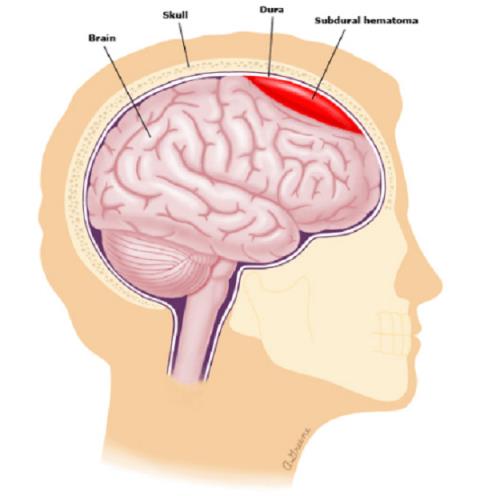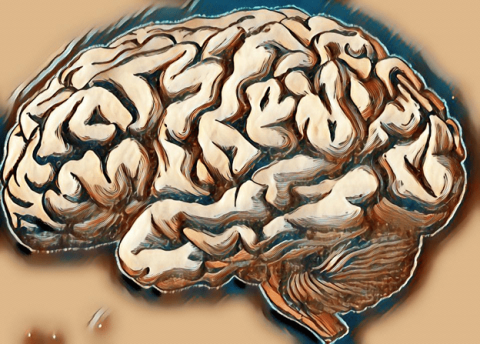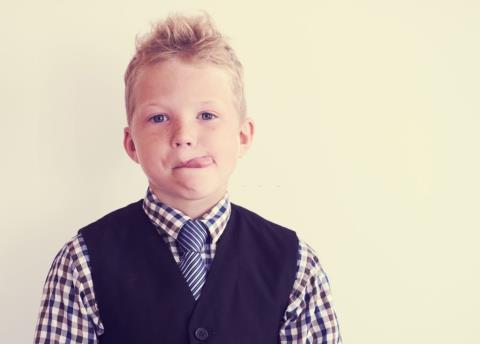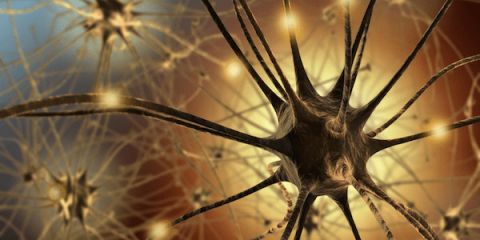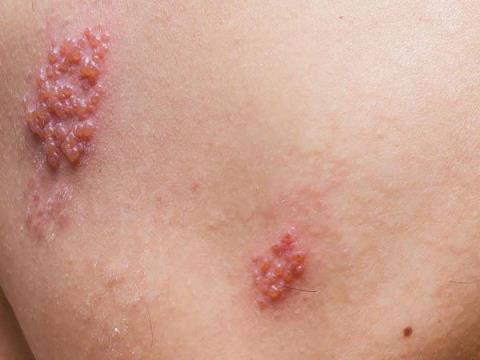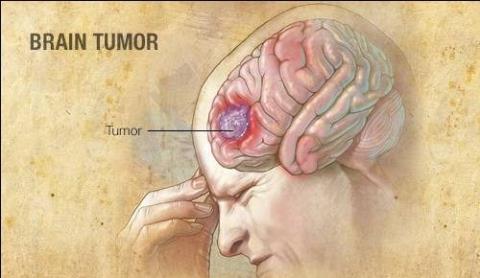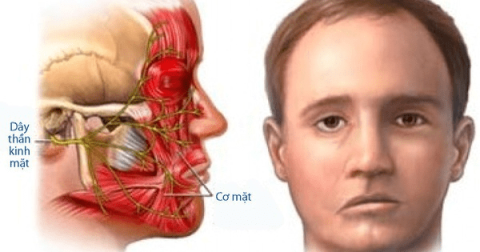Concussion: Causes, diagnosis and treatment
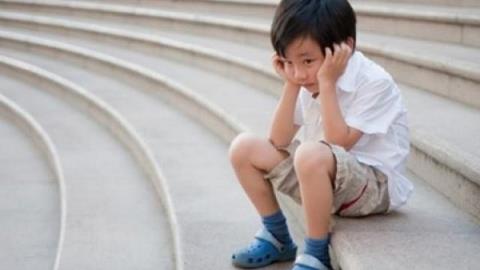
Concussions can occur at any age, and are usually caused by a fall. So is concussion dangerous? Post by Master, Doctor Vu Thanh Do

A concussion is a head injury that can occur at any age. The leading cause of concussion is falls. Symptoms of concussion are varied. So is concussion dangerous? Let's find out together with SignsSymptomsList
content
What is a concussion?
A concussion is an injury to the head that affects the brain. The effects are usually transient but can sometimes be long-lasting. Symptoms include headaches, impaired concentration, memory, balance, and connection with those around them. Children are at risk of concussion from hitting their head somewhere, falling or being in a traffic accident. Some children lose consciousness after a concussion, but most do not. Falls are often the leading cause of concussion. In addition, concussion can occur when children play sports, like soccer or rugby. Most children recover completely from a concussion
Signs of concussion in children
The signs of a concussion are often the same at any age. However, the doctor still needs to consider your child's age when taking your child for a diagnosis.
Signs of concussion in babies:
In infants, signs of a concussion include:
Signs of a concussion in a toddler:
Symptoms of a concussion can be very subtle and do not always appear immediately after a concussion. In some cases, symptoms can last for days, weeks, or longer.
Common symptoms after a concussion are headache, memory loss, and confusion. Amnesia can include a child forgetting what caused the concussion.
Symptoms of a concussion include:
Other symptoms include:
People around the child often see the child with the following signs:
Some symptoms appear later, many days after the injury, including:
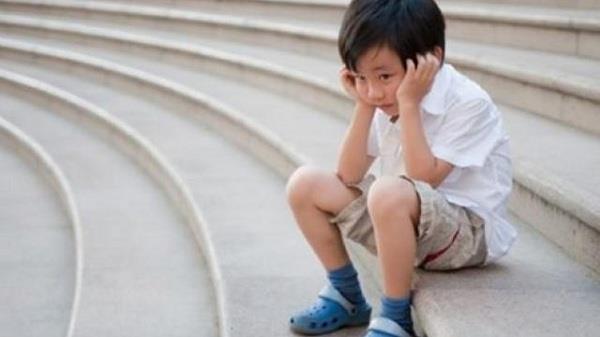
After a concussion, some children become irritable and change their behavior
Some symptoms in older children
Headache is a very common symptom in children. Although concussion is difficult to recognize in infants and toddlers because they are unable to describe the symptoms the child is having. So, symptoms of concussion in young children include:
When should I take my child to the doctor?
You should take your child to the doctor after 1-2 days if:
Children who have had a head injury, even children do not show signs of needing emergency care.
If the child shows no signs of head injury, is alert, walks normally, and responds normally, the injury is likely to be mild and does not require further testing.
In some cases, if your child wants to go on vacation, you can still put him to bed. However, if your child's symptoms get worse, you need to take him to the emergency room right away.
Take your child to the emergency room if he or she has had a head injury and has the following additional symptoms:
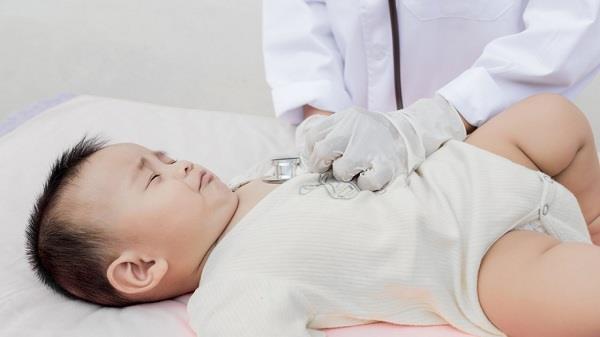
After a concussion, the baby may cry continuously and change the sleep cycle
For athletes
People who have had a concussion are often unable to participate in that sporting activity anymore. Experts recommend that athletes who suspect they have a concussion should not participate in the sport anymore because it can re-emerge the symptoms of a concussion.
Children and adolescents should see a sports specialist for a better evaluation of a concussion. Experts recommend that adults, children and adolescents who have had a concussion should not play a sport that has caused the problem.
What is the cause of a concussion?
The brain is usually stabilized in the skull with the structure of the skull and cerebrospinal fluid inside. Anything that causes a bump to the head, neck, and upper body can cause the brain to slide backward and forward over the level. Some causes of sudden traumatic brain injury are caused by a car crash or by excessive bouncing shock, causing brain injury. These injuries often happen very quickly, causing the symptoms of a concussion.
Traumatic brain injury can lead to bleeding inside the brain, causing confusion and lethargy. Symptoms usually appear immediately, but some appear later.
Bleeding in the brain can cause bleeding to death. That's why anyone who has had a traumatic brain injury must be hospitalized and monitored for many hours so that they can get emergency care in time if symptoms worsen.
What are the risk factors for concussion?
Activities and factors that increase the chance of a concussion include:
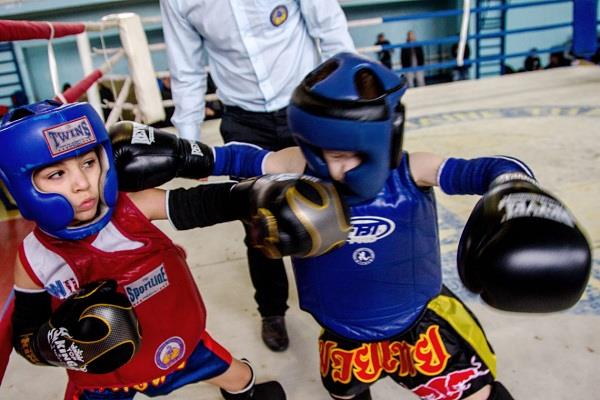
Children need to wear protective gear when practicing resistance sports
What are the complications of concussion?
Possible complications of a concussion include:
Methods to prevent concussion
Some of the following tips will help reduce the risk of concussion:
How is a concussion diagnosed?
The doctor will examine and ask more about the child's medical history, as well as perform a careful neurological exam. Additional tests your doctor may do to diagnose the cause of your child's symptoms.
Neurological examination
After your doctor takes a detailed history, especially about the mechanism of injury, your doctor will further evaluate:
Cognitive assessment
Doctors perform a series of tests to help assess thinking ability. Tests include:
Diagnostic imaging tests include:
Brain imaging tests are done when a person with a concussion has severe headaches, seizures, severe vomiting, and/or other symptoms that get worse. It is possible that through the means of imaging, the doctor will detect the location of the brain injury or the bleeding and edema in the skull area.
CT-scan of the brain is the gold standard and should be performed in adults with traumatic brain injury. In children with suspected concussion, CT-scan is useful only when a skull fracture is present. And note, limit children's exposure to too much rays. MRI helps detect changes in the brain, or helps detect other complications caused by a concussion
Monitor
Your doctor may recommend that you stay in the hospital overnight or you can stay at home if someone is watching you for 24 hours. Caregivers should shake the baby often to make sure the baby is awake.
Treatment of concussion

After a concussion, you should give your child plenty of rest to recover quickly
The following steps help restore the brain and speed up recovery:
In summary, concussion is a common condition in children, especially when participating in high contact sports without protective equipment. Usually the doctor will do a careful physical exam and do some more tests to rule out other dangerous conditions. If you found the article useful, please share it with everyone.
>> See more:
Concussions can occur at any age, and are usually caused by a fall. So is concussion dangerous? Post by Master, Doctor Vu Thanh Do
Article by Doctor Ngo Minh Quan about subdural hematoma. This is a common bleeding condition in the subdural space in traumatic brain injury
Leukodystrophy is a rare genetic disorder. Let's learn more about this disease in the following article!
The article was consulted by medical doctor Dao Thi Thu Huong about absence epilepsy, a disease more common in children than in adults.
Primary lateral sclerosis can affect motor neurons. Causes, symptoms and treatment of the disease will be shared in the article right below.
Shingles is an infection caused by the Varicella virus. Affects skin and nerves with blistering and burning sensation
Doctor Vu Thanh Do's article on Multisystem atrophy - governs blood pressure, breathing, bladder function and muscle control.
Also learn about brain cancer through the article of Dr. Le Hoang Ngoc Tram to understand the symptoms, causes and treatment methods of this disease.
What is a hemifacial convulsion? What are the causes, symptoms and treatment of this disease? Let's find out right in the following article!
